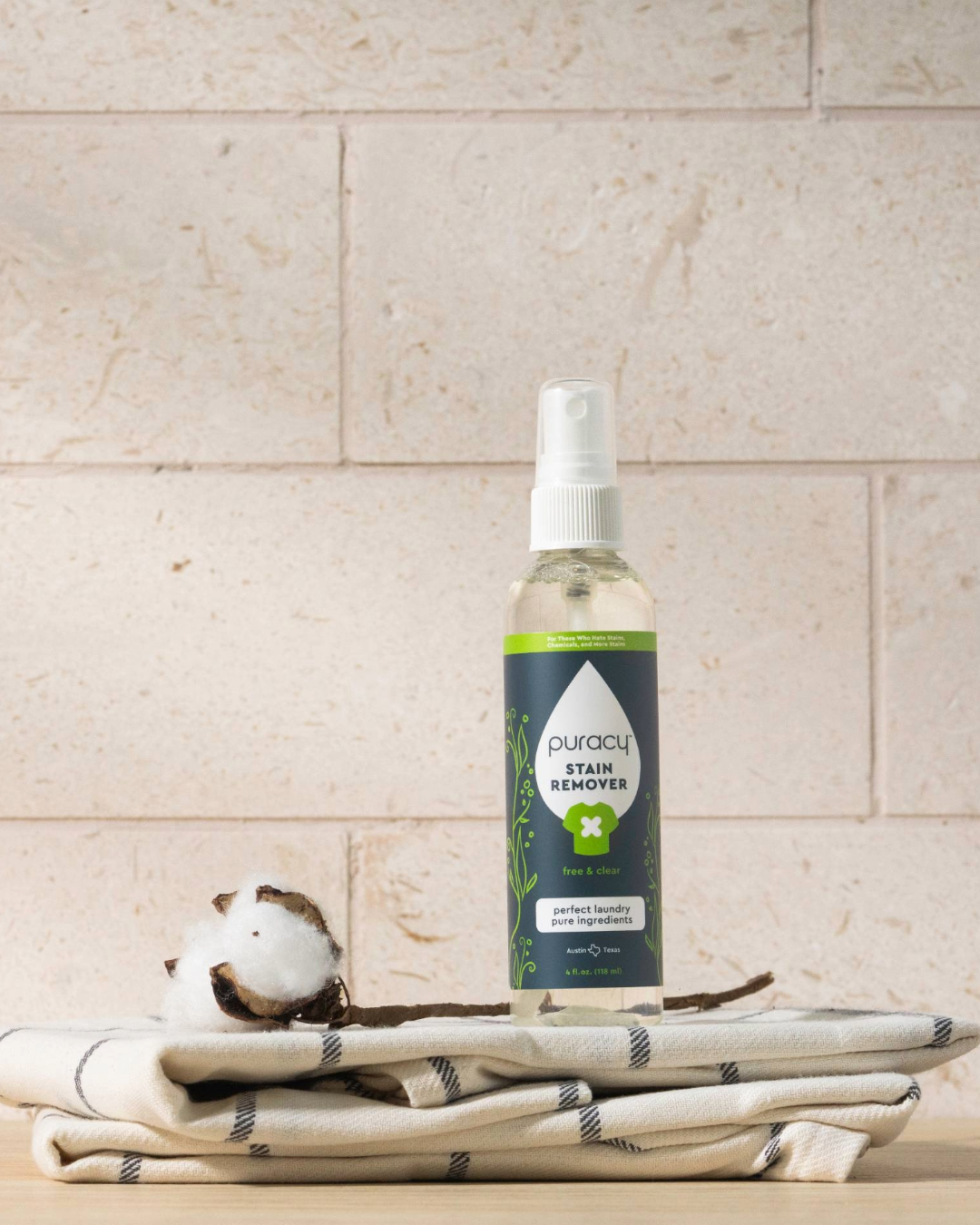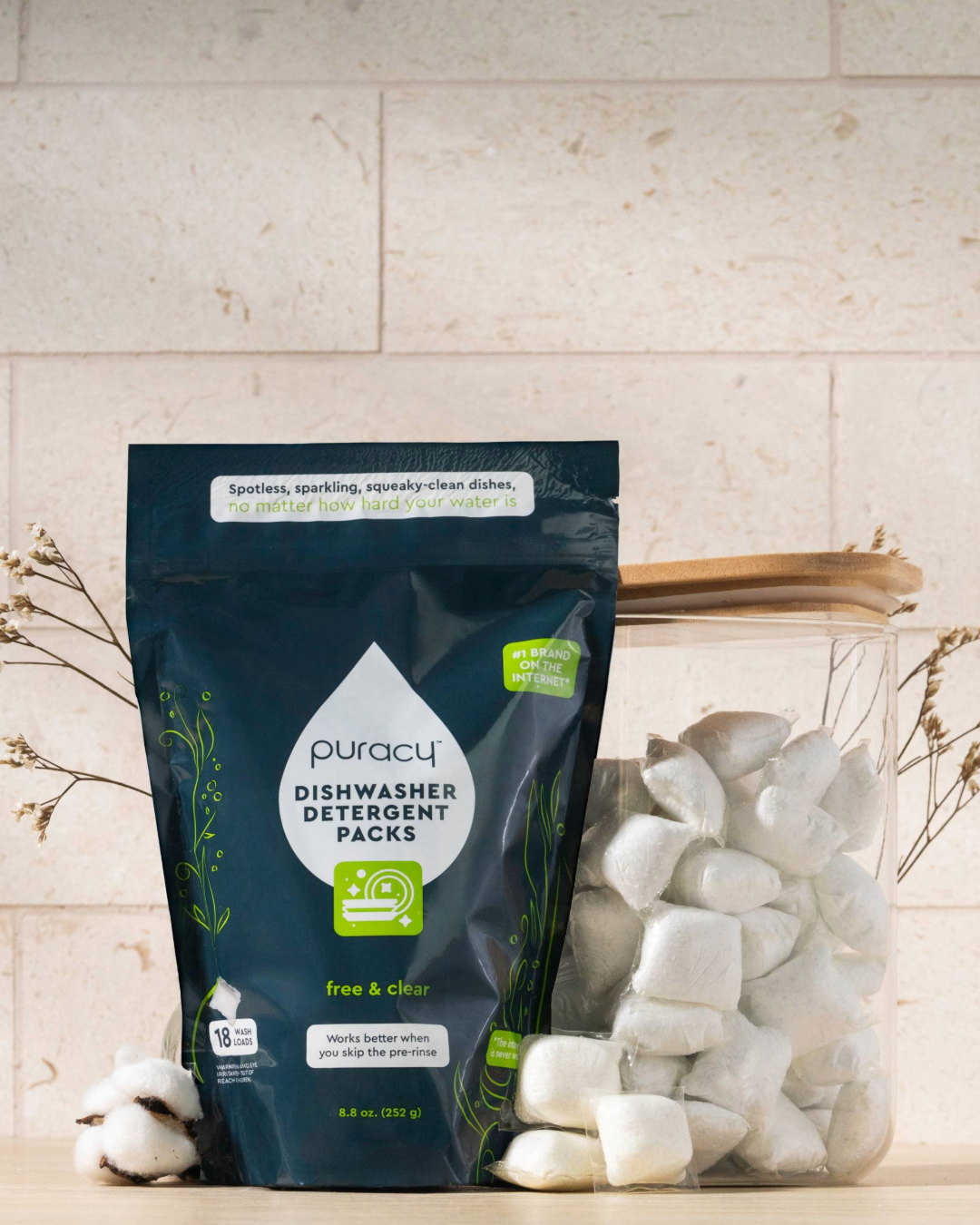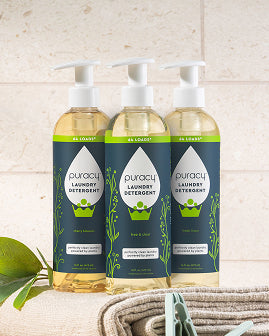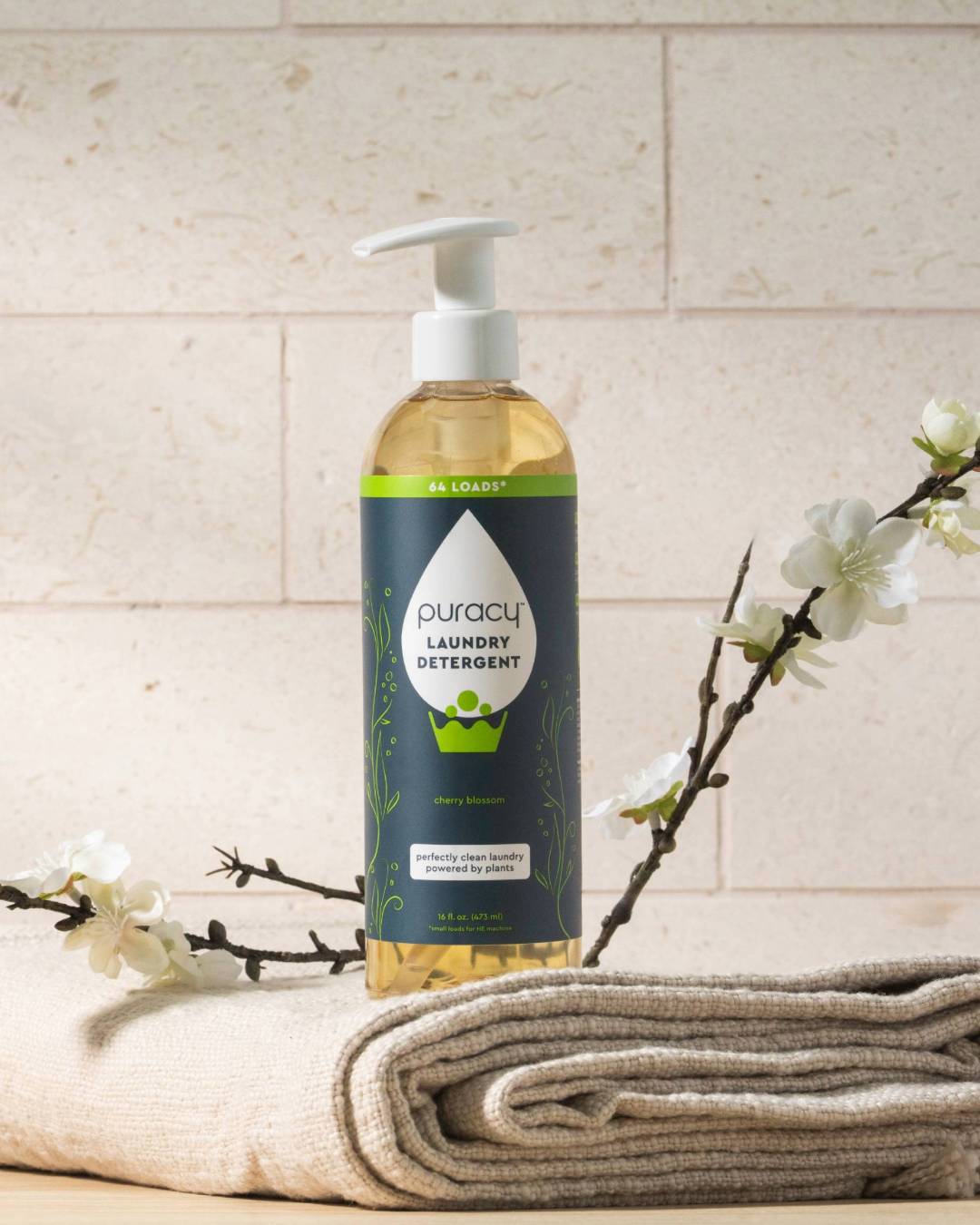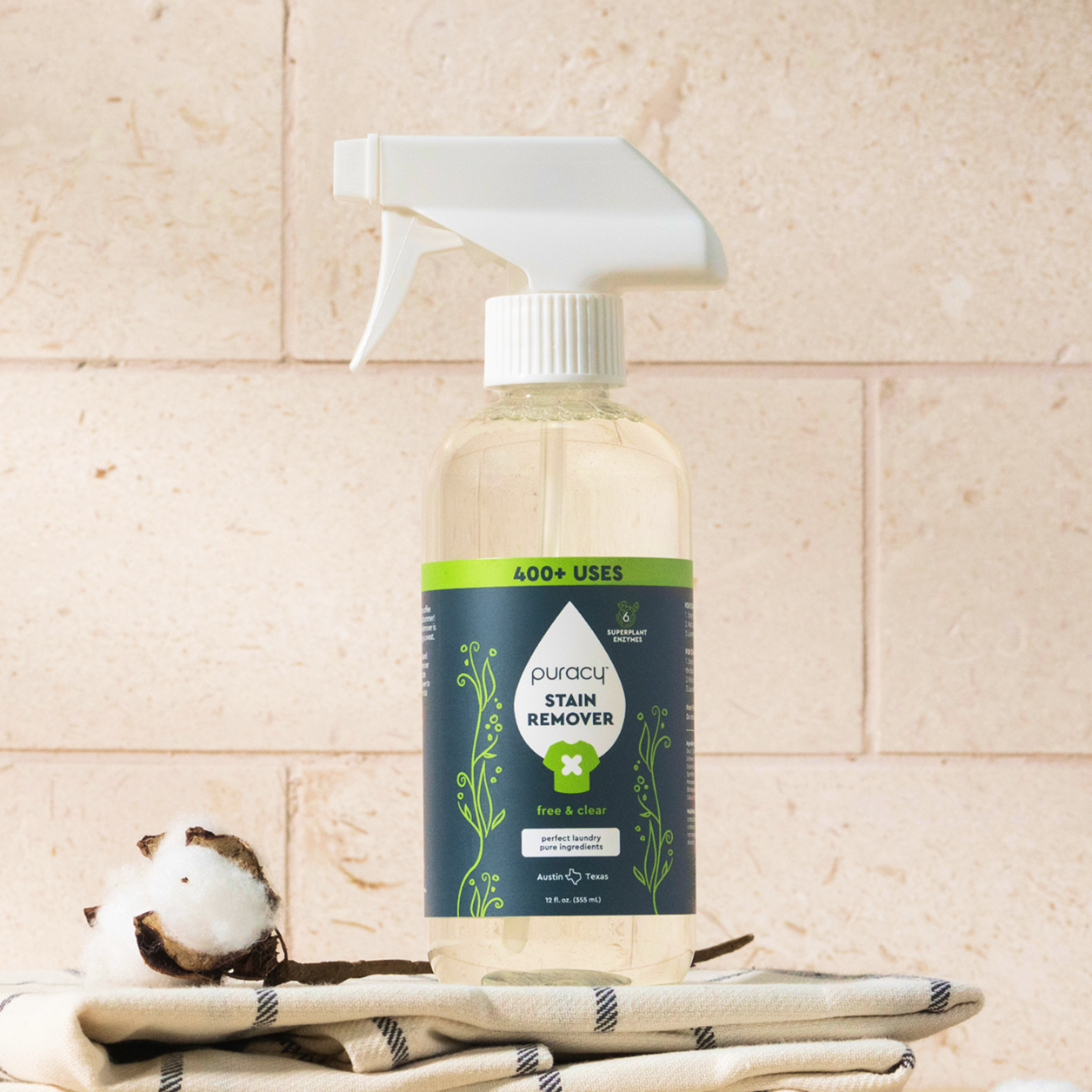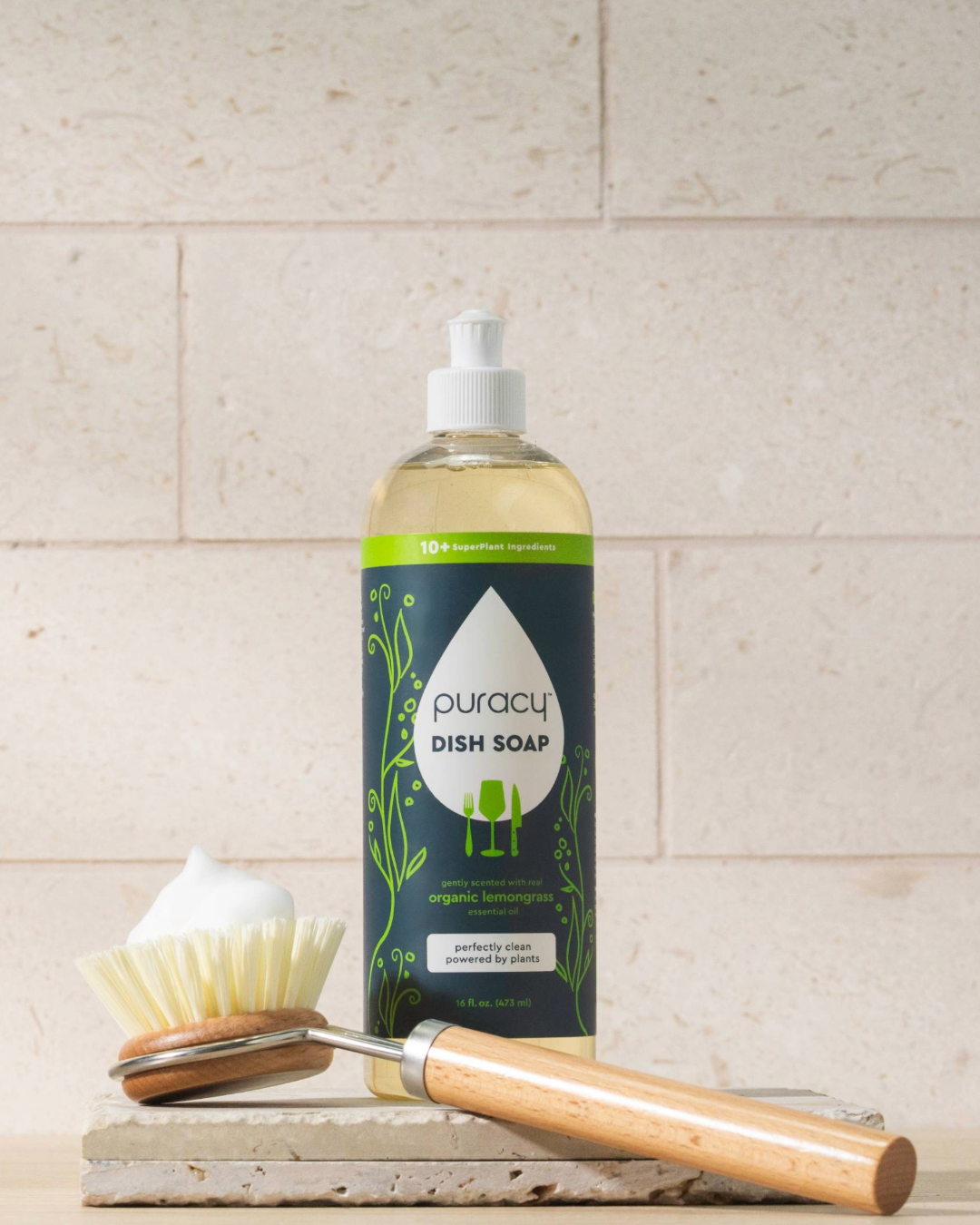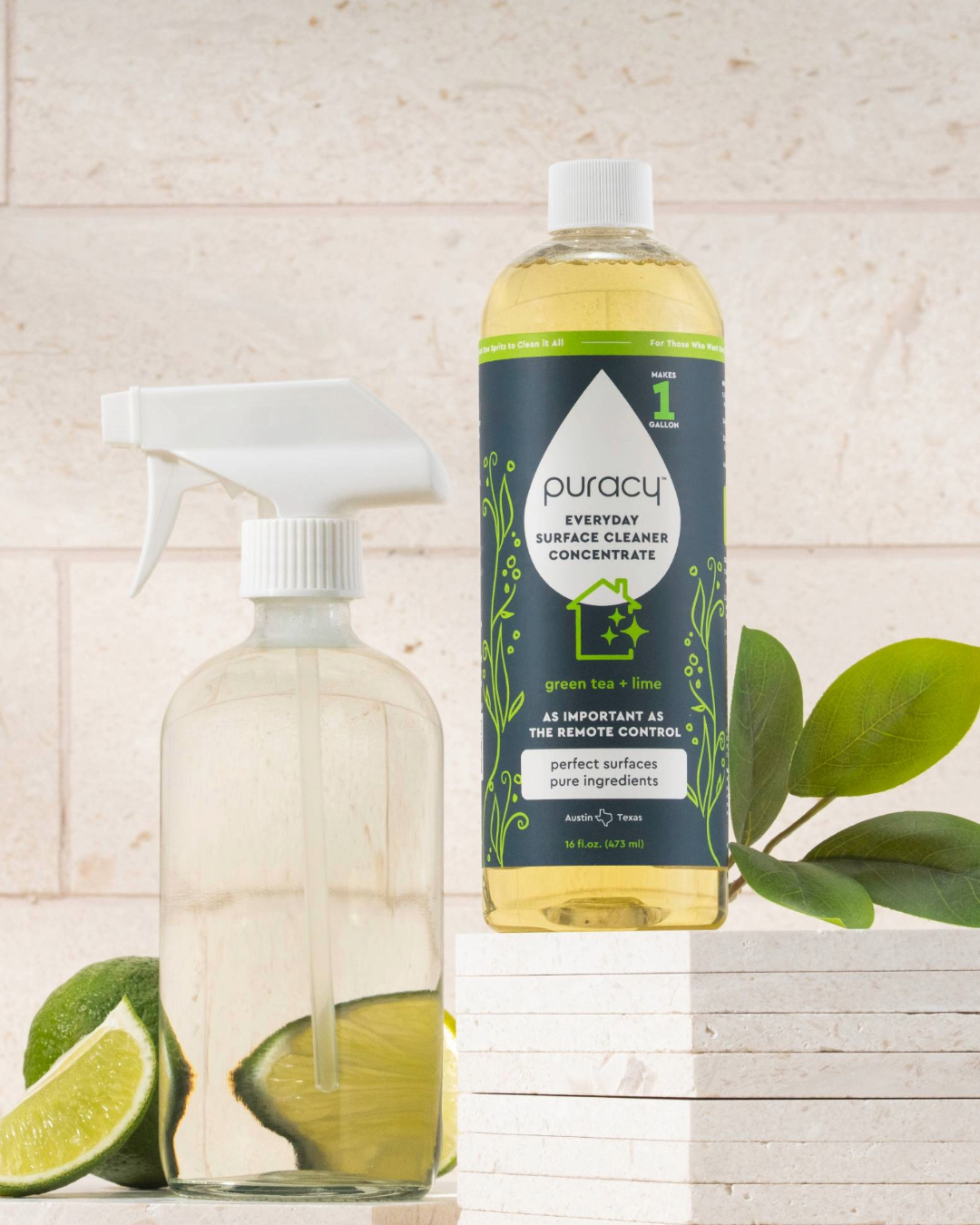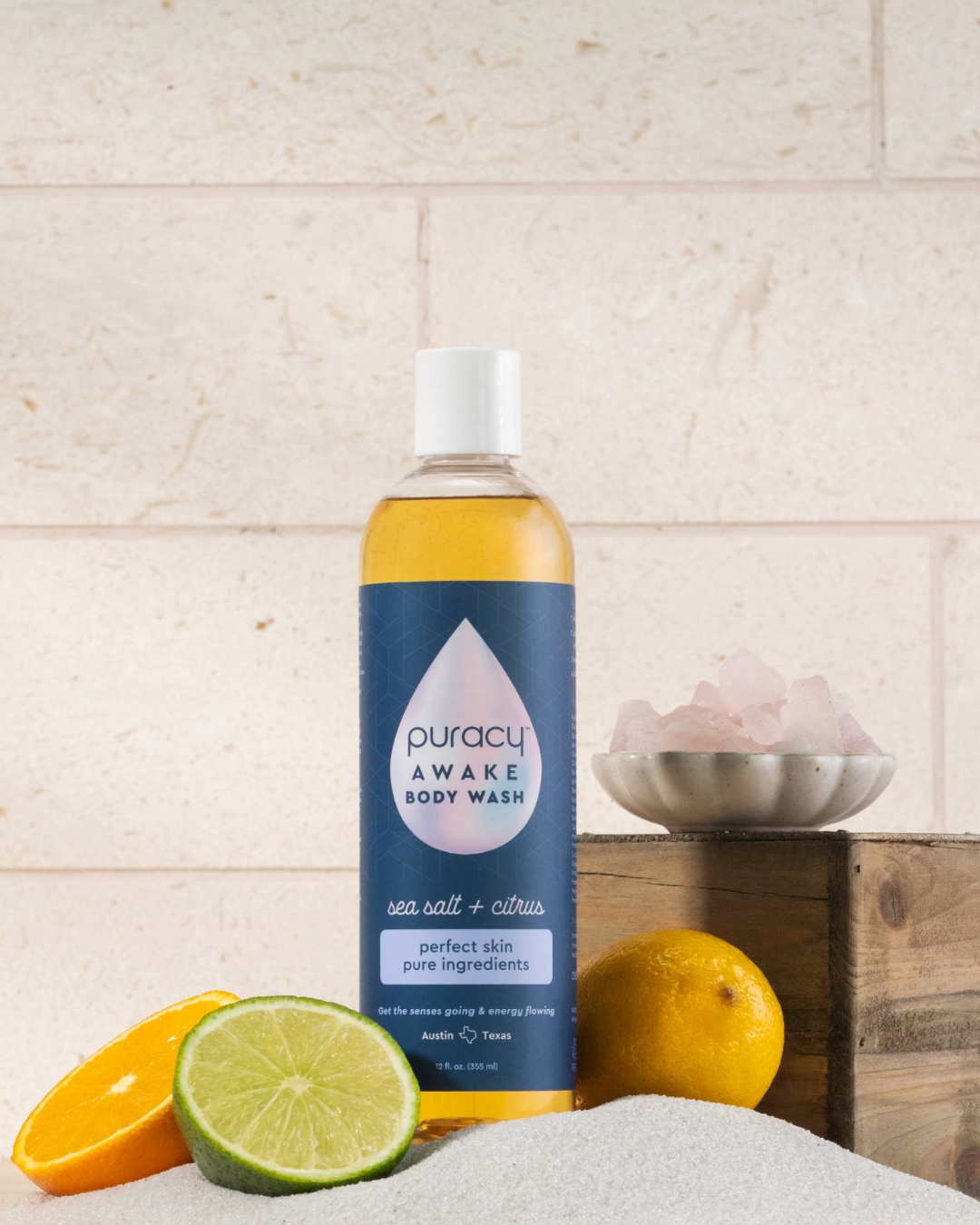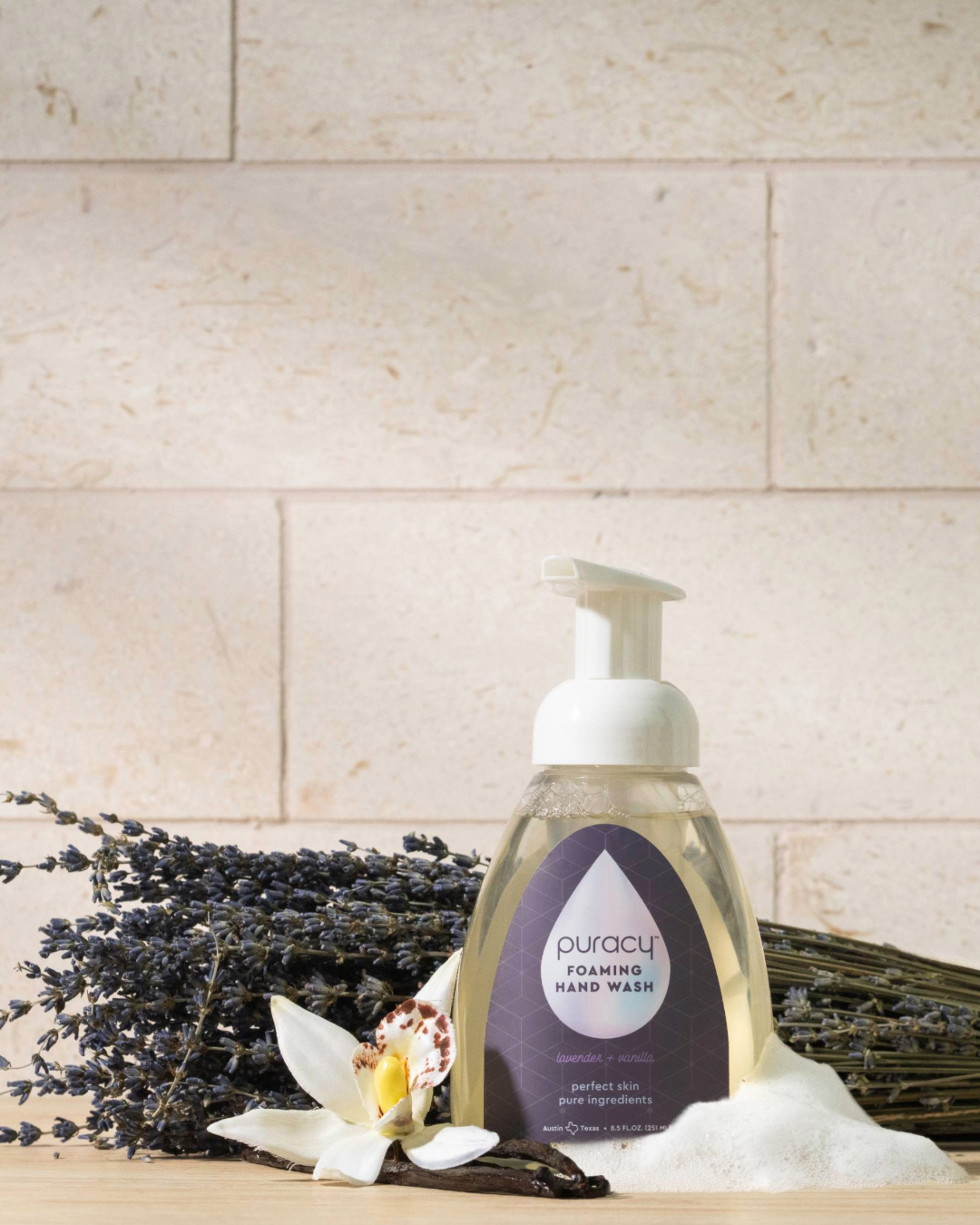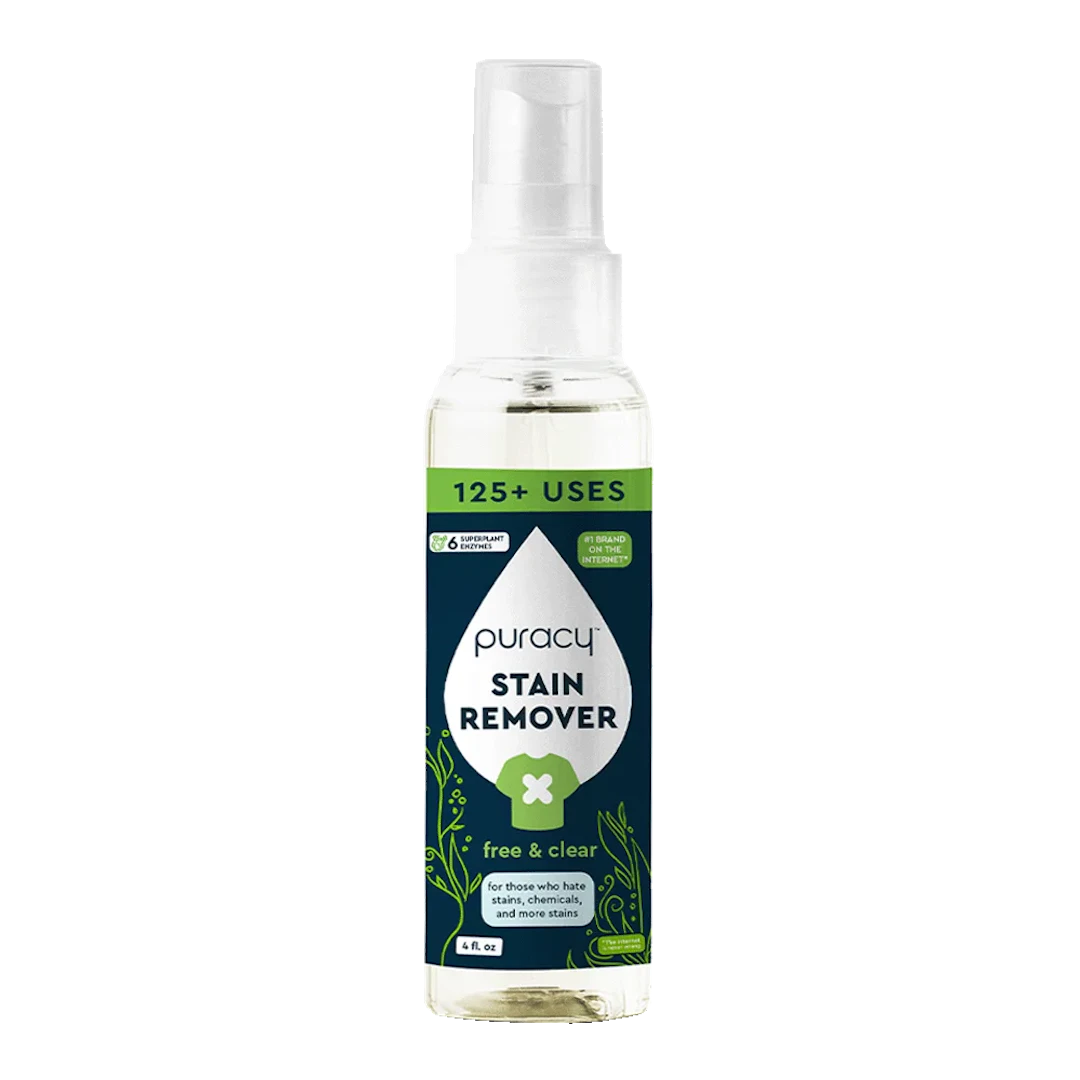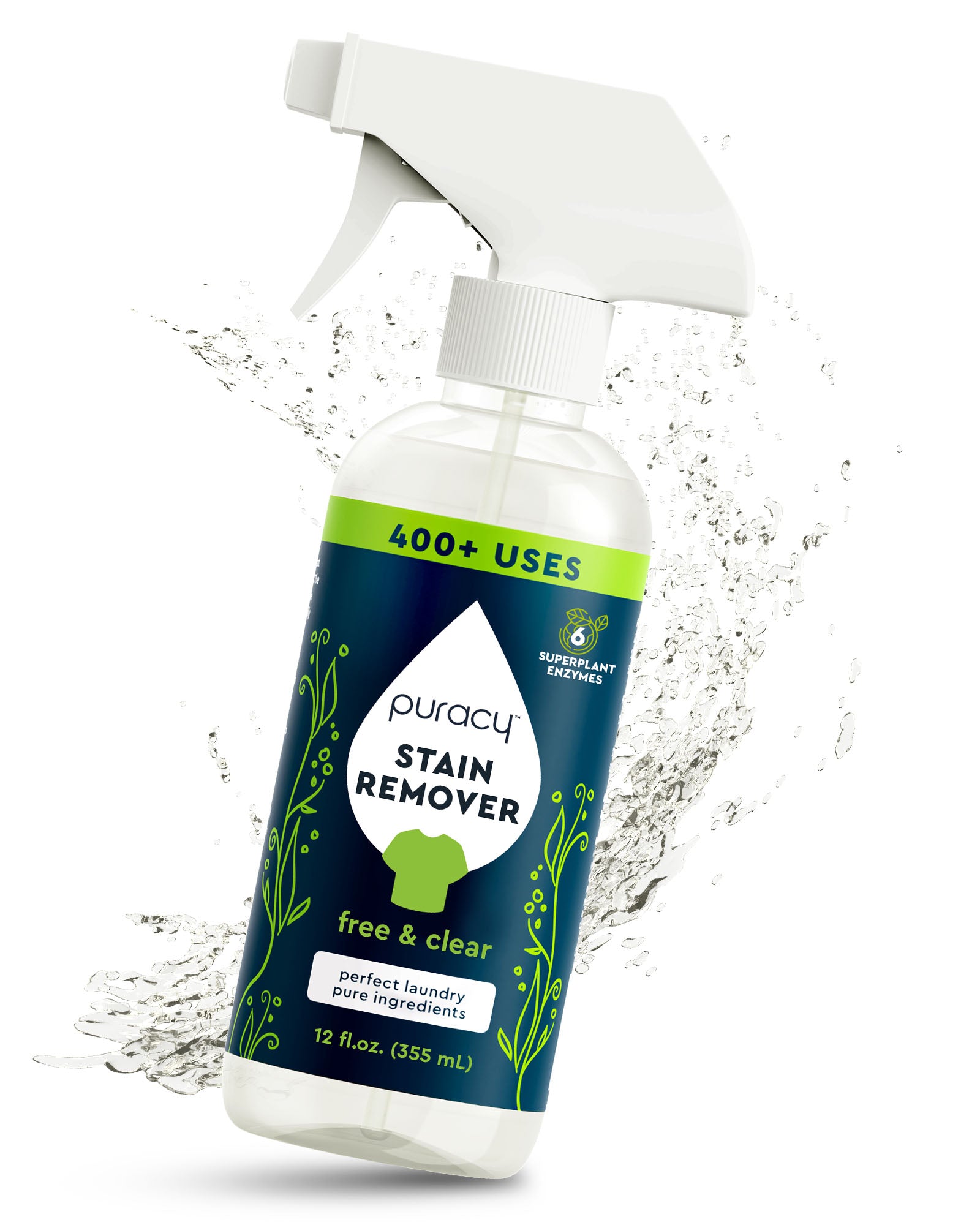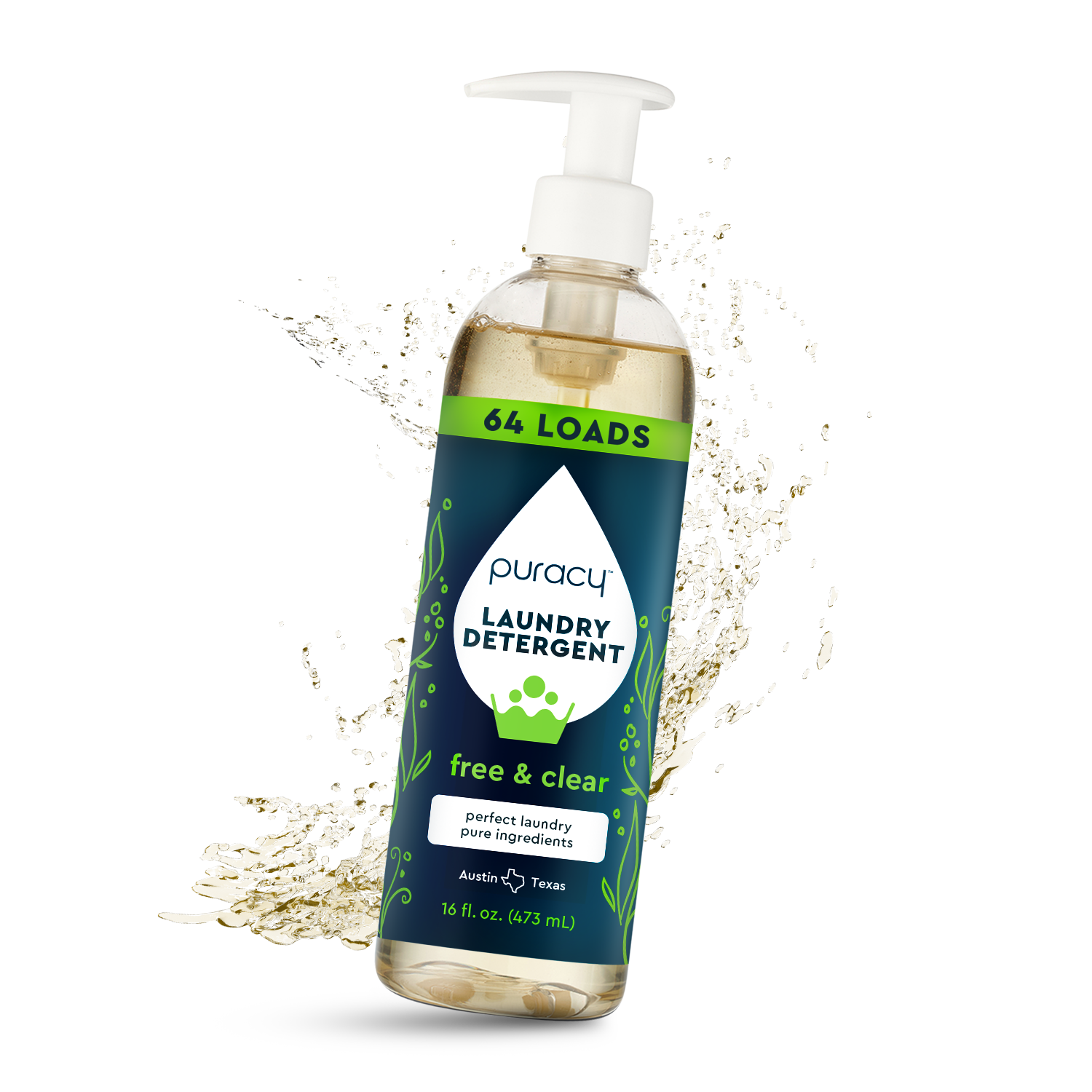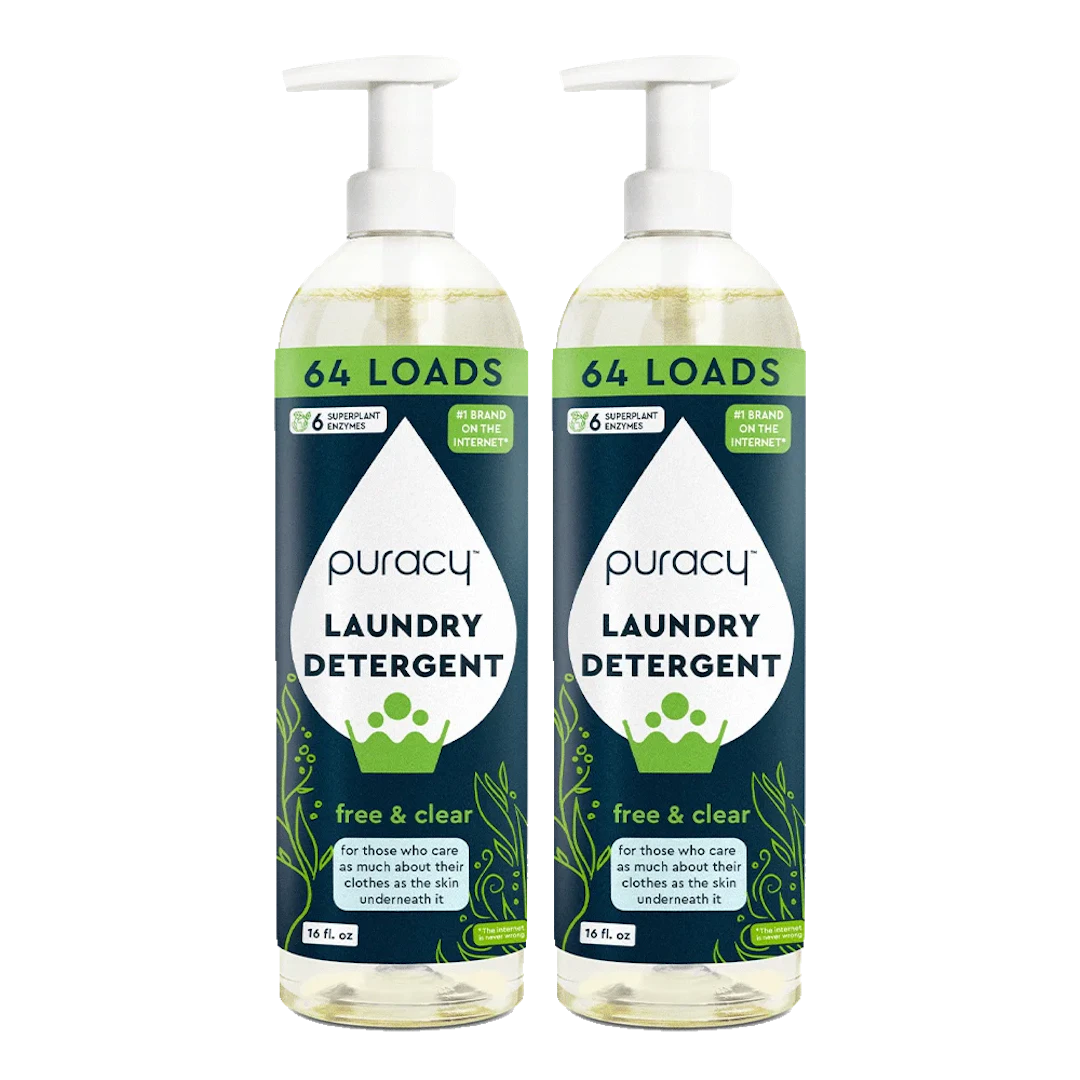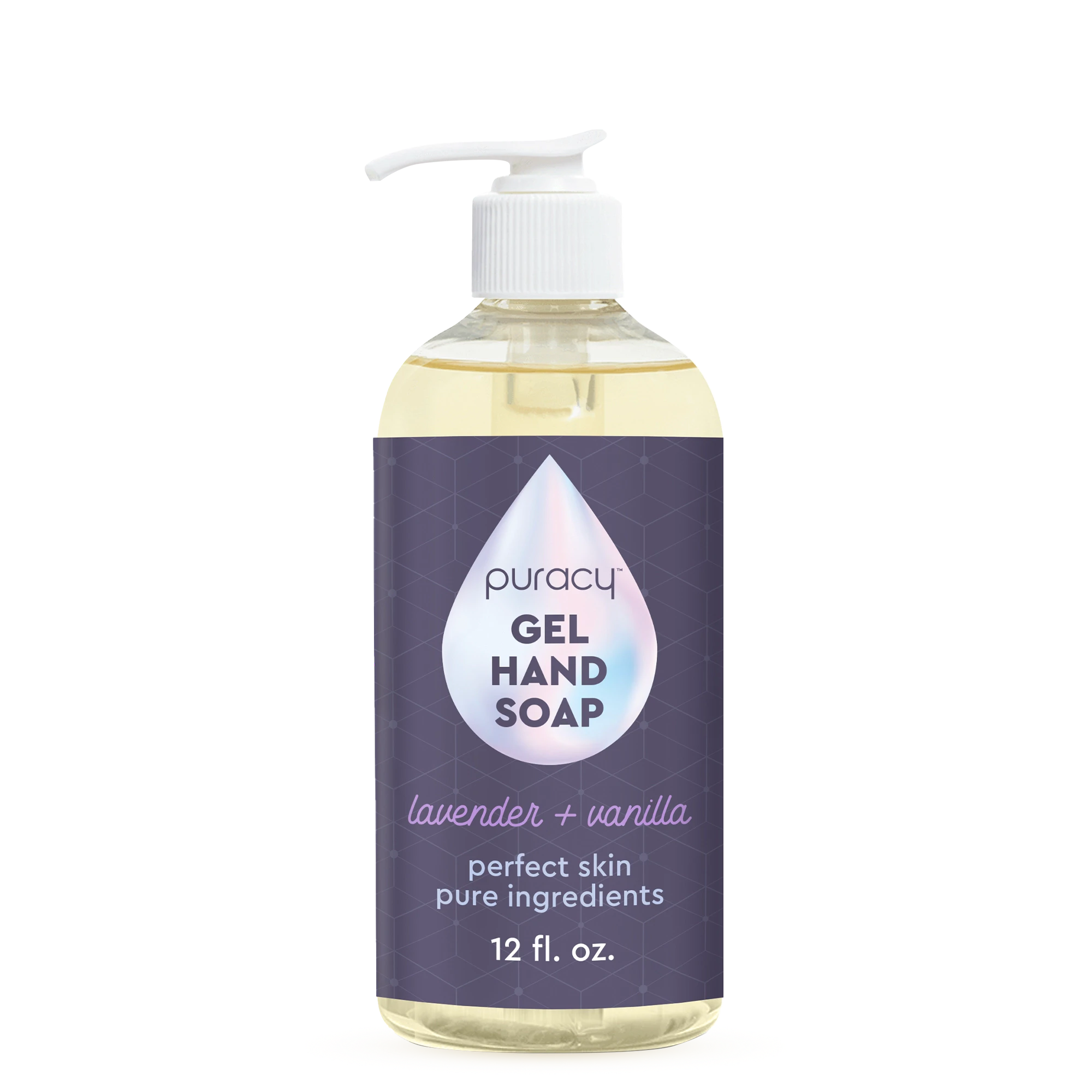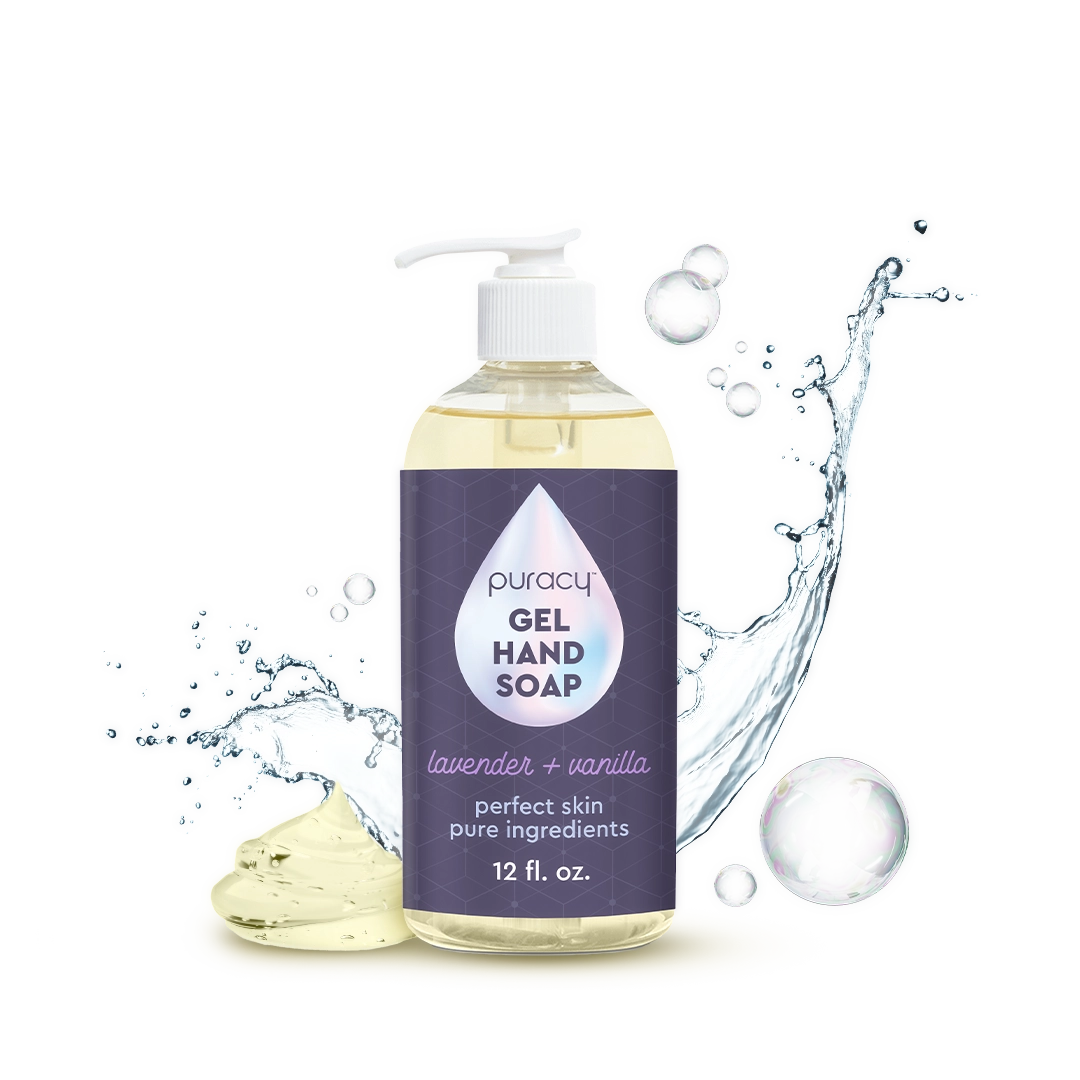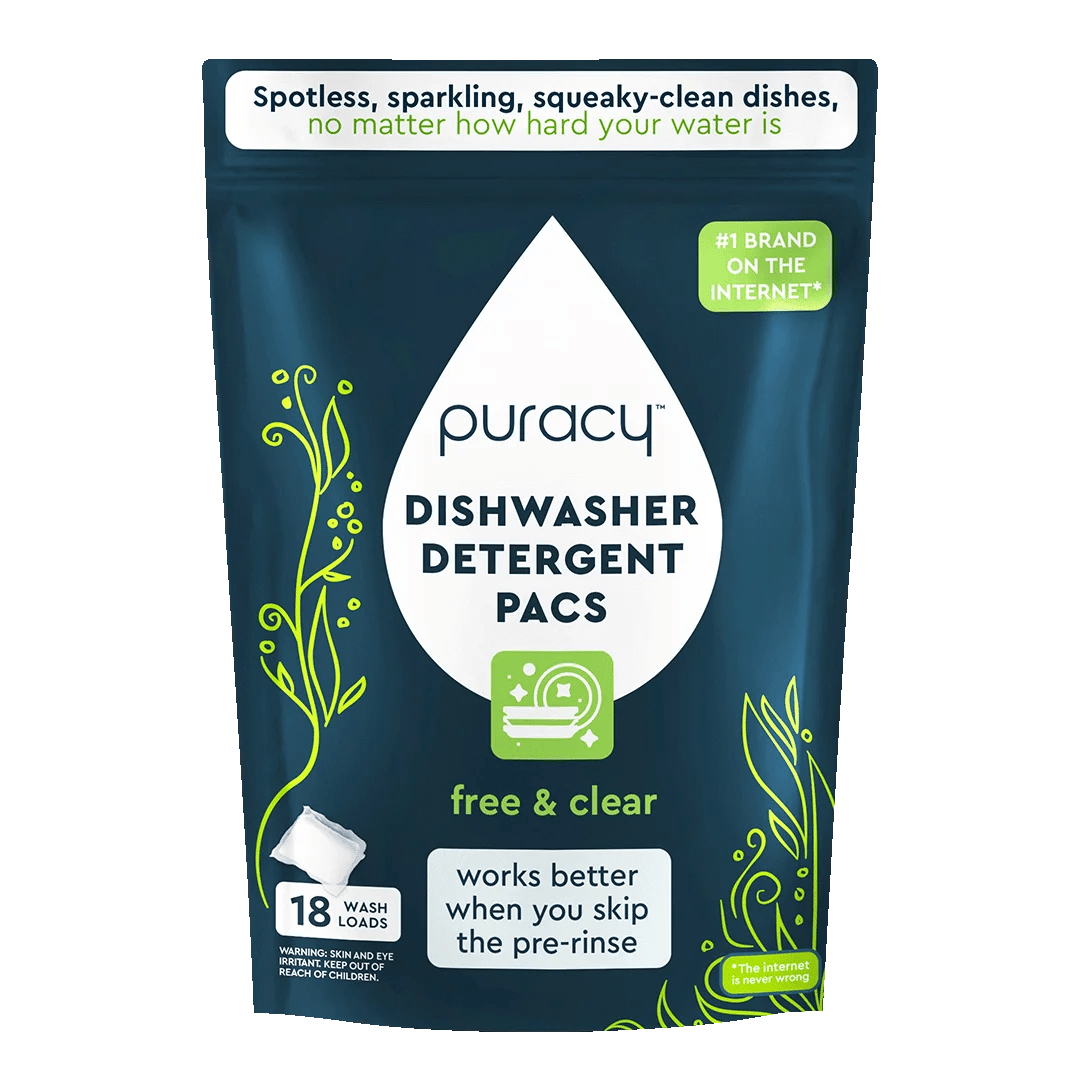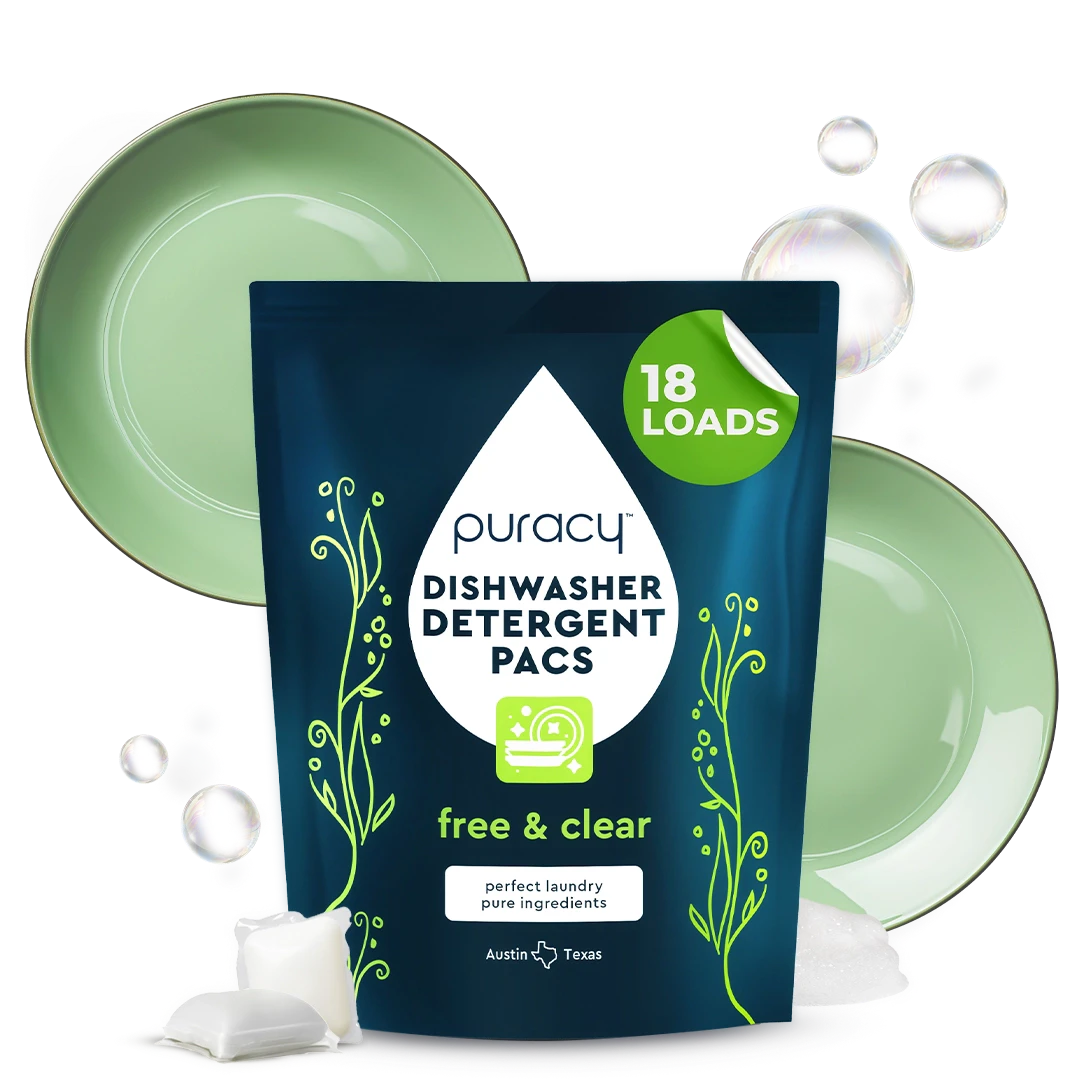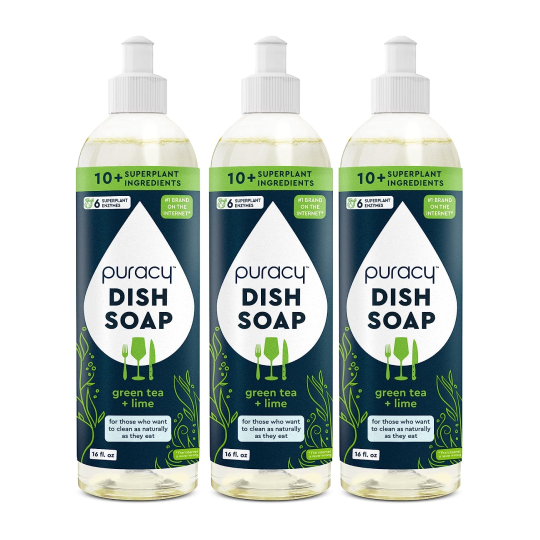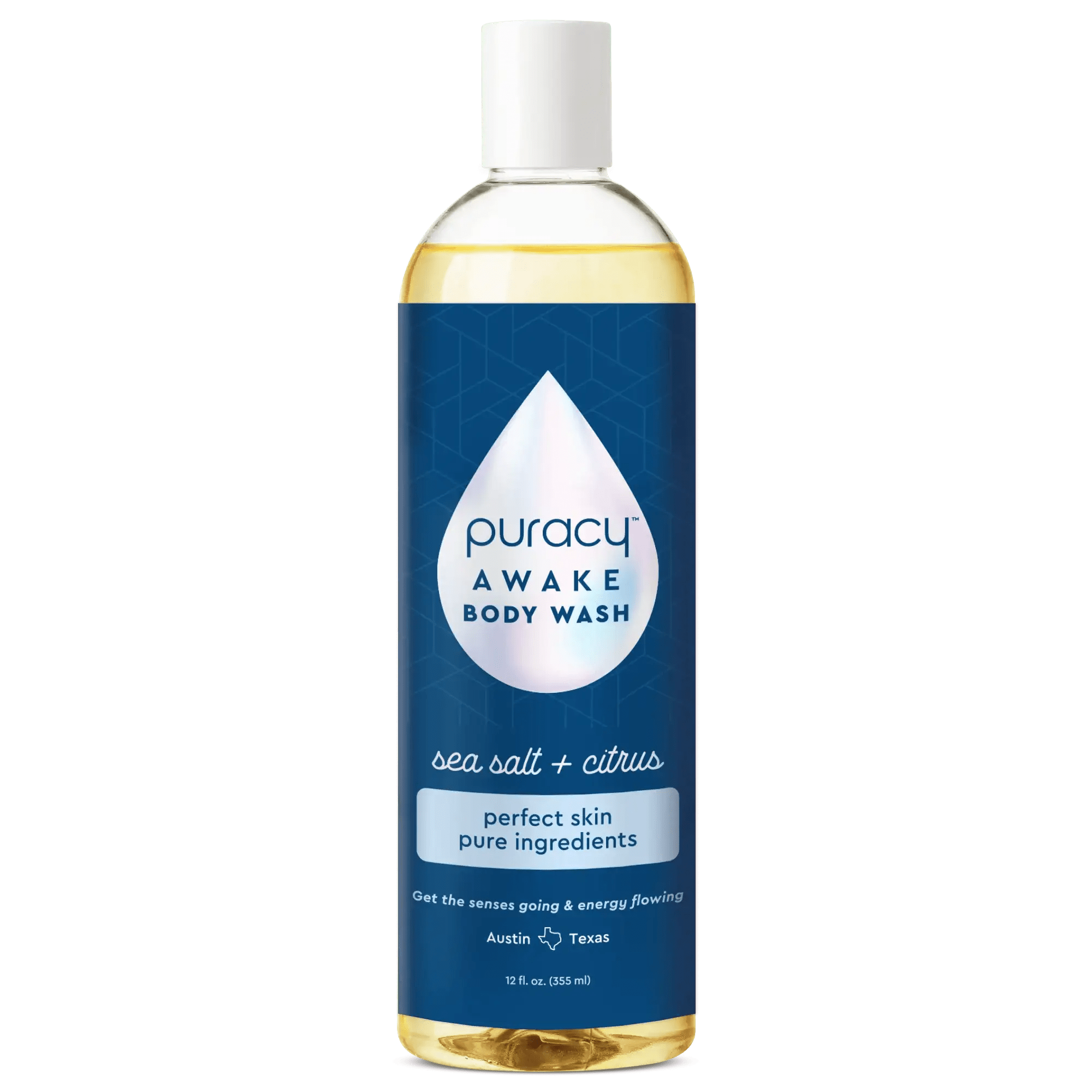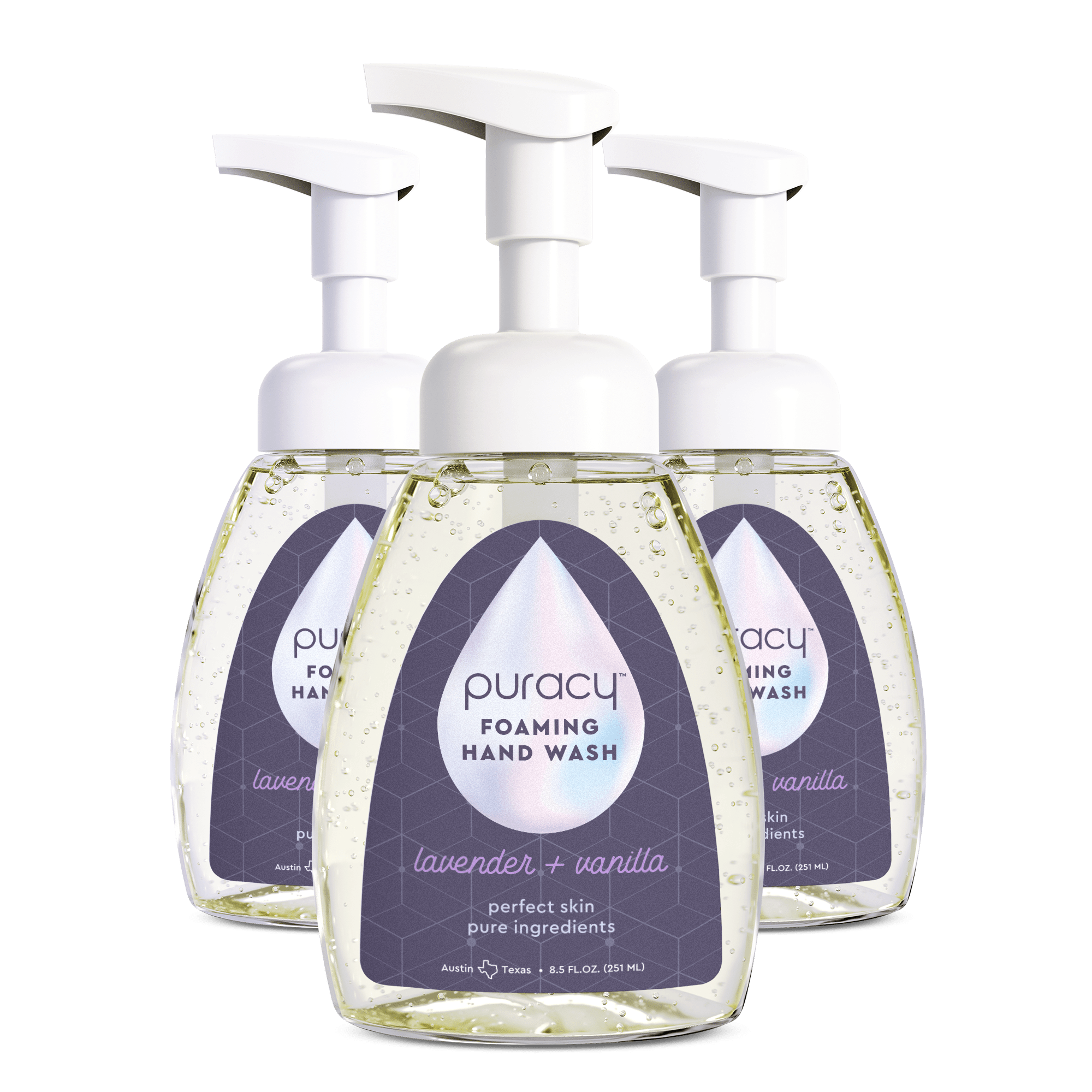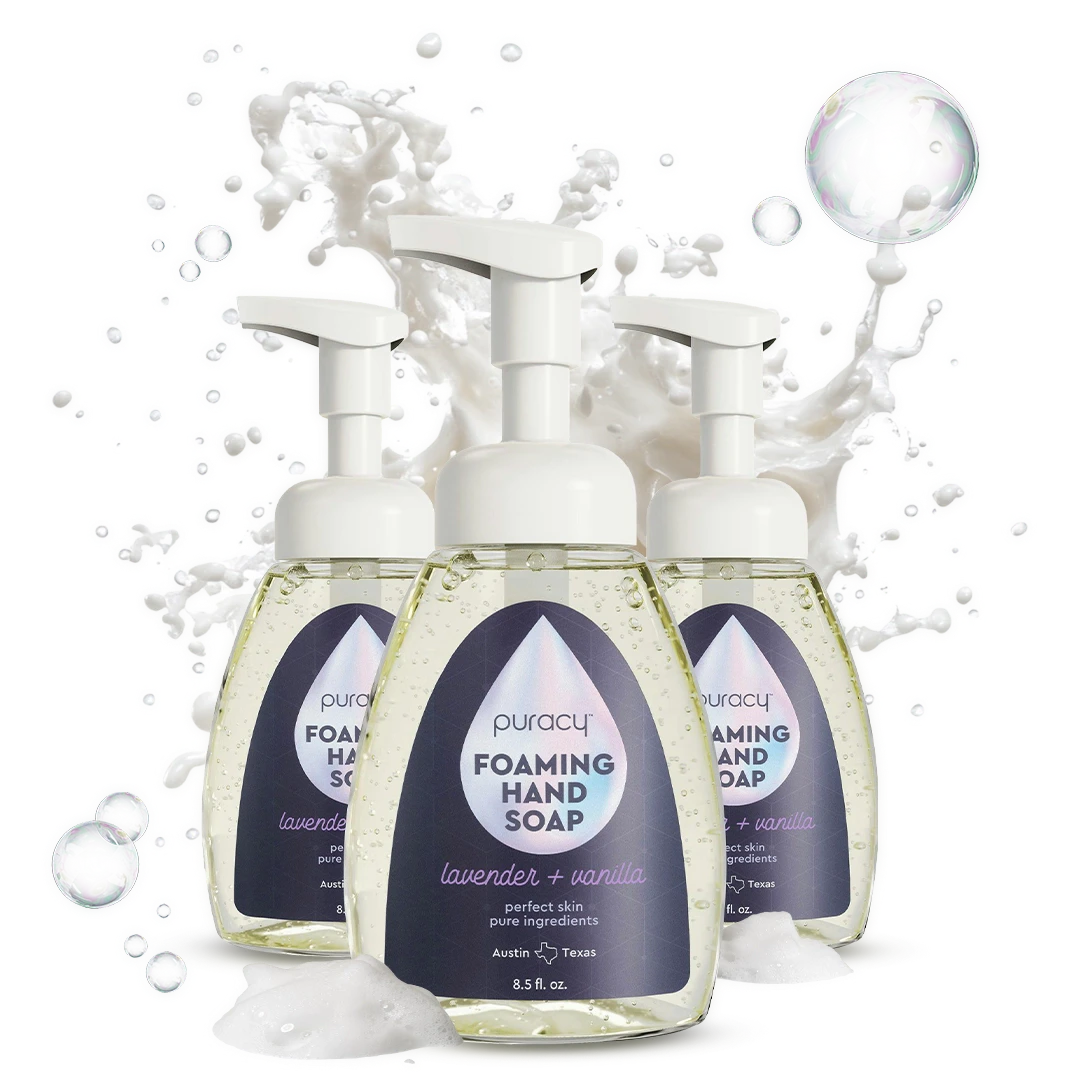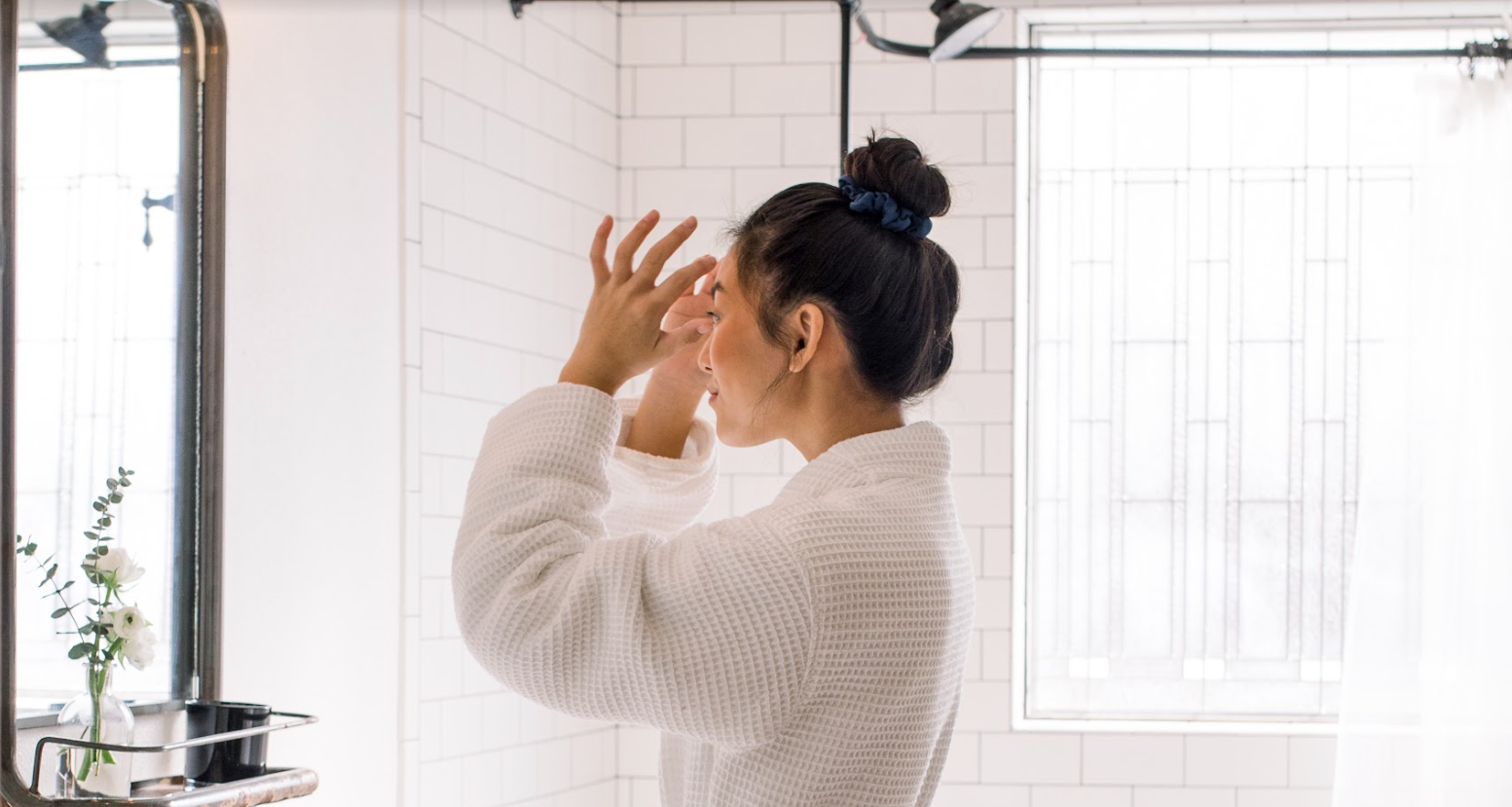
Can You Use Baby Lotion On Your Face?
If you have sensitive skin, you may have wondered if you can use baby lotion on your face as a gentle, milder alternative to regular facial moisturizer. Learn about the effectiveness and limitations of baby lotion for adults, as well as what type of lotion works best for your skin type.
Is Baby Lotion Good for Your Face?

Baby lotion has the advantage of being hypoallergenic and gentle, which is great for sensitive or dry skin. However, many lotions for babies aren’t non-comedogenic, so they can clog pores and exacerbate oily skin.
Baby Lotion: Formulations and Effectiveness

Learn why lotions for babies can be effective on certain skin types as an alternative to regular facial moisturizer.
Baby Lotion Formulation
Lotions for babies are formulated to be gentle and mild to protect a newborn's sensitive skin. They often feature natural, soothing ingredients such as aloe vera, sunflower oil, and coconut oil, that increase moisture and soothe irritation and inflammation from chafing. (However, those with acne-prone skin should typically avoid coconut oil as it can be comedogenic.)
Most lotions for babies are also free of sulfates, phthalates, parabens, and synthetic fragrances, which can be found in regular facial moisturizers made for adults. This ensures that even the most sensitive skin can use it without fear of allergens or inverse reactions.
Moisture Sealing
Newborn lotion contains more water than regular lotions, allowing them to be quicker absorbed into skin. This high water content makes lotions for babies great for moisturization, as it hydrates skin and increases stratum corneum water content by directly providing water to the skin.
Dry Skin and Eczema Treatment
Newborn lotion can be an effective way to treat eczema and other skin conditions due to its hypoallergenic, natural formula. Instead of relying on steroids, phthalates, and parabens like regular eczema lotions, they are usually enriched with natural ingredients such as oatmeal or vitamin B5, which help to protect and build up skin's moisture barrier.
Baby Lotion vs. Regular Facial Moisturizer

Discover how lotions for babies differ from regular facial moisturizer.
-
Hypoallergenicity
Baby lotion is often hypoallergenic, meaning there are fewer allergens and gentler on sensitive skin. That also means lotions for babies are less likely to contain harsh ingredients and has a lower potential for triggering adverse reactions.
-
Natural Fragrances
Baby lotion is also usually formulated with natural fragrances, which is another reason it is less likely to trigger allergic reactions or skin breakouts. Products that are fragrance-free or only use natural fragrances can still produce a pleasant aroma without the use of harmful synthetic perfumes or phthalates.
-
Lighter Consistency
Compared to regular lotions, lotions for babies often have a thinner viscosity due to its higher water content. When applied, it is less likely to leave behind a sticky or thick residue, also thanks to ingredients such as aloe and vitamin E.
What Kind of Baby Lotion is Best For Your Face?

Looking to try lotions for babies as a facial moisturizer? Here’s what to look out for.
Ingredients
When applying baby lotion to your face, you’ll want to look for ingredients that are gentle and soothing, especially for skin that is prone to eczema or acne. Look for ingredients such as Vitamin E, ceramides, shea butter, vegetable glycerin, and jojoba oil.
Formulation
Some lotions for babies can contain comedogenic formulations that trigger acne breakouts or other skin irritations. If you're using baby lotion as a facial moisturizer, you'll want to look for formulas that include natural emollients that repair skin barrier function.
Choose Based On Your Skin Type
You’ll want a lotion that benefits your specific skin type.
- Dry skin: feature ingredients like shea butter and vegetable glycerin
- Oily skin: water-based lotions
- Sensitive skin: fragrance-free
- Combination skin: water-based and fragrance-free
SPF Lotions
If your face is frequently exposed to the sun, you’ll want to look for a baby lotion that features SPF protection. Note that adults typically need protection from UV rays that require a least SPF 15 or higher.
Limitations of Baby Lotion

Baby lotion isn't a catch-all solution for all skin conditions. Learn which ones require stronger formulations.
-
Acne
If you are looking for products to treat acne, you may need a stronger formula than lotions for babies. Typical acne treatments include ingredients such as tretinoin and adapalene, which are too strong for babies.
-
Contact Dermatitis
Rashes or allergic reactions caused by specific substances also require stronger formulations not found in lotions for babies. Once the reaction is treated with a specific medication or formula, however, lotion for babies can be applied afterward to soothe any inflammation or irritation. Always consult a doctor to check which products can be safely applied on a skin reaction.
Choose an Organic, Plant-Powered Baby Lotion for the Best Results

If you’re looking for a gentle baby lotion with natural, plant-derived ingredients, Puracy’s Organic Baby Lotion can be used on newborns and adults alike. Formulated with aloe vera, shea butter, and jojoba oil, it naturally nourishes skin and deeply moisturizes without residues or greasiness. Best of all? It’s naturally derived, hypoallergenic, vegan, and gluten-free, making it ideal for even the most sensitive skin.
